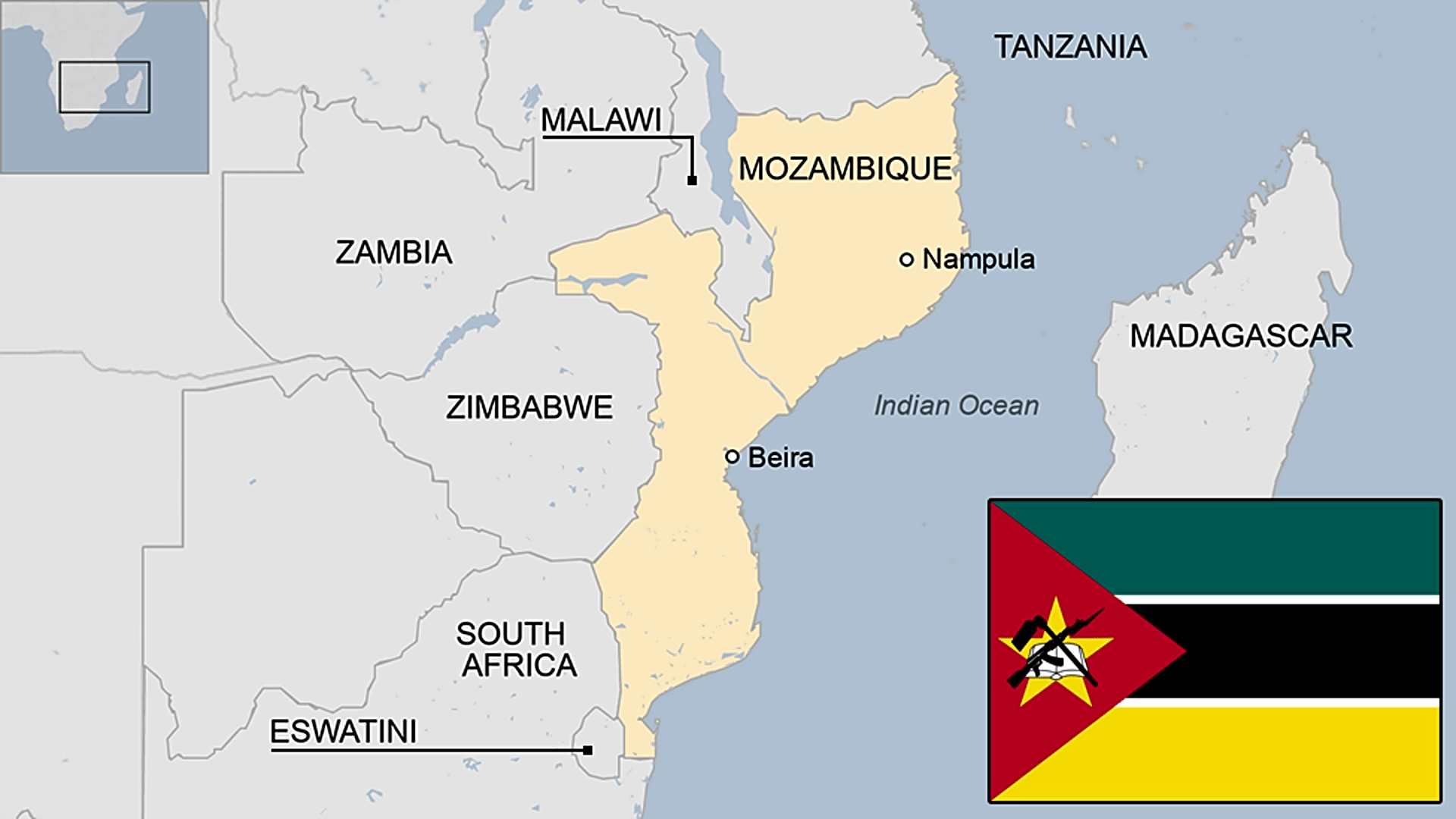With the opening of the Ghana Knowledge and Skills Bank (GKSB) site, the Ghanaian government has made significant progress in closing the gap between education and digital access. This innovative platform, which provides free access to educational resources and tutoring services, aims to transform education across the nation. Regardless of geography or financial means, the GKSB seeks to improve all Ghanaians’ access to high-quality education as a vital component of the government’s digitalisation strategy.
At the Accra Digital Centre, the Minister for Communications and Digitalisation, Mrs. Ursula Owusu-Ekuful, led the launch event. She highlighted the GKSB’s transformative potential and called it a milestone in Ghana’s journey towards digital transformation. The platform gives students access to a variety of educational resources, career planning tools, and opportunities for offline self-learning. Additionally, she mentioned that the GKSB is a part of the $200 million Ghana Digital Acceleration Project, a World Bank-backed initiative that aims to promote digital infrastructure and educational access countrywide.
Mrs. Owusu-Ekuful emphasised the importance of technology in education and said that the GKSB is a vital instrument for breaking down barriers and generating chances in the classroom. She pointed out that the project supports the Sustainable Development Goal (SDG) of inclusive and equitable high-quality education set forth by the UN.
Dr. Yaw Osei Adutwum, the Minister of Education, hailed the GKSB’s founding as a significant step towards raising Ghana’s educational standards. He underlined that by giving instructors and students the required digital resources, the government is demonstrating its commitment to incorporating technology into the classroom. Dr. Adutwum claims that the GKSB not only offers coaching and access to previous exam questions, but also promotes a collaborative learning environment by providing tools for career planning and tutoring in local languages.
With its design to work offline, the GKSB allows students in remote areas to download materials and study without constant internet access. Deborah Asmah, co-founder of Nponto Technologies, encouraged teachers to contribute to the platform by uploading their teaching materials, helping to enrich the platform’s resources. Ghana is now the second African country, after Egypt, to implement a national digital educational infrastructure, reaffirming the country’s leadership in digital transformation and innovation across the continent. The development of the GKSB, spearheaded by the local firm Nponto Technologies, highlights the country’s growing capacity for tech innovation.


